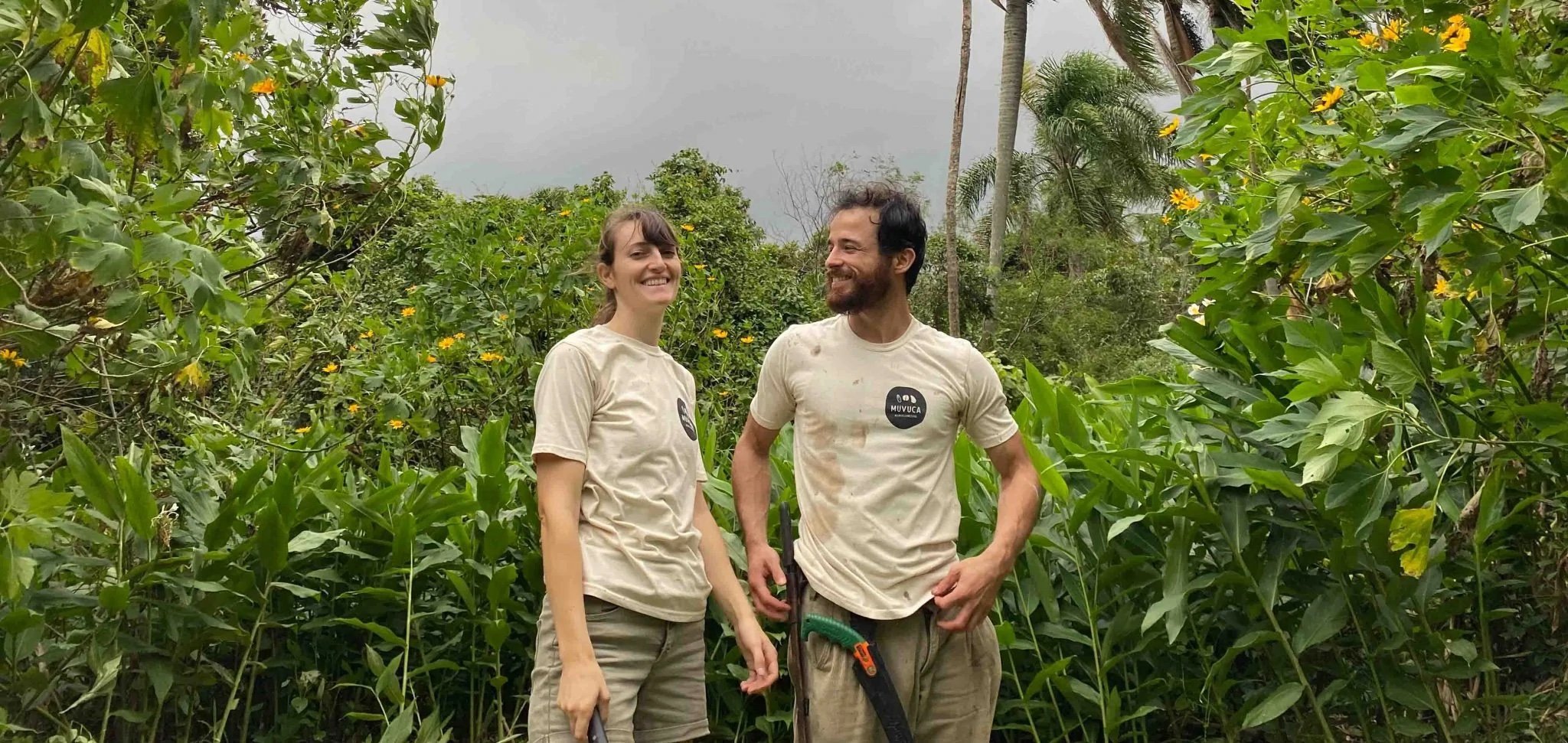
Measure, track and act on quantifiable results
Brainforest
Brainforest’s mission to restore and regenerate 20 million hectares of biodiverse forests by 2030 is ambitious. In collaboration with the Brainforest team, we co-designed and developed a strategic methodology to track and measure outcomes, both at the platform level and at the venture level. By monitoring their efforts, Brainforest ventures ensure they are making meaningful contributions toward the restoration of our planet's forests and the preservation of its biodiversity.
Wealth Inequality Initiative
A project’s outcomes is the driving force behind any grant-making decision. Hence, measuring outcomes becomes the hallmark of pursuing a path where decisions are less intuitive and more evidence-based. As a result, the 7 Step Outcome Framework was co-designed and developed with a sub-set global projects addressing wealth inequality located in Colombia, Philippines, Egypt, Tanzania and Palestine, including field visits to Tanzania and Egypt.
Muvuca Agroforestal
Muvuca Agroforestal is an impact-driven venture located in Brazil to support small-holder farmers to transition to regenerative agriculture practices. In collaboration with the founders, Caryle and Attila, we have co-designed and developed of an outcome framework, including the gathering of baseline data with small-holder farmers as well as the implementation of outcome KPIs for monitoring and reporting to track the farmer’s progress towards regenerative practices.
“You can’t improve what you don’t measure”
01 — Evidence-based Claims
Statements about making a difference are no longer sufficient. Evidence is key. We do not take impact reporting shortcuts and go beyond outputs. Ambiguous data leads to ambiguous claims. Making real social progress means using robust data to evaluate outcomes.
02 — Customized Metrics
Metrics are not just numbers on a spreadsheet—they represent actual trenchwork and exist to efficiently communicate about and validate an organization’s progress toward its mission and the progress it achieves on the ground.
03 — Correlation vs. Causation
As basic as it may sound, one of the most important elements to understand about claims of social impact is the old axiom correlation does not equal causation. While correlation can be an useful endpoint, we firmly believe it is important to distinguish between a lightly-informed decision and an evidence-based once.




